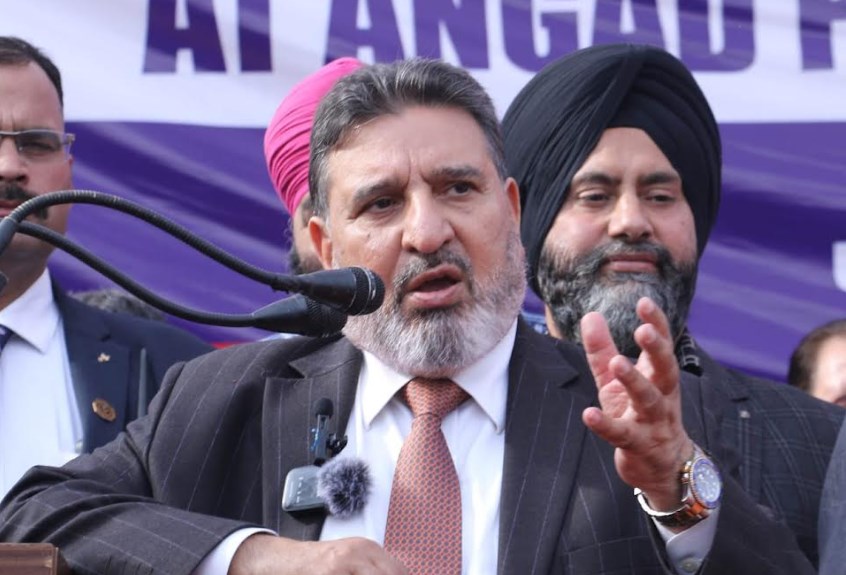Bukhari’s name as a chief advisor—if not minister—of the council, a virtual cabinet, surfaced after BJP leader Ram Madhav spoke about “allowing” full-fledged political process in J&K.
“The advisory council in UT helps the Lieutenant Governor (LG) in the day-to-day administration,” a report quoting former Secretary-General of the Lok Sabha, P.D.T. Acharya, said.
However, the real power is vested in the LG, the report said. “The head of the advisory council cannot get the power of the CM. The advisory council also cannot make laws. The Constitution allows the President to administer UT through LG, but only the Parliament has the power to make law.”
Once this new political arrangement starts administering J&K, the report said, Statehood—one of the two political pitches raised by the new political force in the valley—will be restored.
“In fact,” the report said, “this [advisory council] is part of a larger deal with the state’s political class.”
Notably, a group of defectors that Bukhari leads as the Apni Party chief had based its politics around Domicile Law and Statehood demand. This new political pack had apparently followed the footsteps of Muzaffar Baig, the senior unionist, who had said that ‘it’s time to move on from Article 370’.
Barring slight intervention that it sought from home minister Amit Shah, Bukhari-led outfit largely stood silent on the new controversial law that triggered the fears of demographic changes in J&K recently.
Reportedly, around 12 members will be part of the Bukhari-led council, with the likes of Usman Majid, Vijay Bakaya, Sunil Sharma, Sunil Sethi and Chowdhary Zulfikar Ali being sworn in as early as late June.
If it shapes up, many say, advisory council will be the major political development in J&K, after the abrogation of Article 370.
However, Bukhari called it a figment of imagination as he said that he is in Delhi with his family.
Leave a comment
Your email address will not be published. Required fields are marked *


